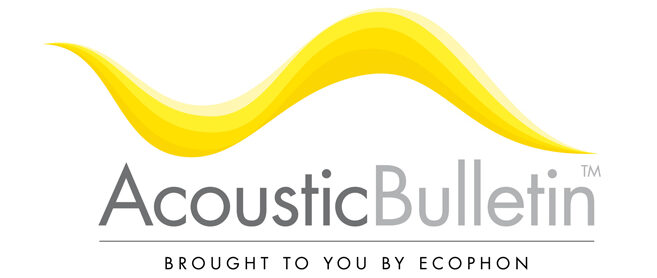
A Psychological Approach to Resolving Office Noise Distraction
– a literature review.
Whats your favorite place to work? In the open plan office, meeting room, in the cafeteria or at your homedesk?. Do you like sounds around you or does it just makes you distrubed and frusterated? Linked to your persona perhaps?
Reported noise annoyance does correlate with sound level measurement, but it is generally accepted that the sound level accounts for only 25% of the variance in annoyance. The research literature assessed for the purposes of this report suggest that there are four key non-physical factors that affect noise perception and performance in office environments:
-Task and work activity,
– Context and attitude,
– Perceived control and predictability,
– Personality and mood.
The outcome of the litterature review has been boiled down to 9 hypothesis that will be tested in reality in phase 2:
1. Extroverted office workers can cope better with noisy environments whereas introverts will perform better under quieter conditions.
2. Co-locating introverts and separating them from extroverts will help manage noise distraction.
3. Co-locating teams will help manage noise distraction from meaningful speech.
4. Perceived control over noise will reduce the problem of poorer performance caused by noise distraction.
5. Offering choice over alternative work-settings in the office will reduce noise distraction and improve performance.
6. Occasional working from home reduces noise distraction and will improve performance.
7. Educating employees in how to behave in open-plan environments and introducing office etiquette around noise will reduce noise distraction.
8. Activity-based, acoustically sensitive designed spaces create better environments for both introverts and extroverts.
9. Applying a combined approach of worker psychology mapping and acoustic design will improve worker performance.
Want to read the whole literature review Download here.

